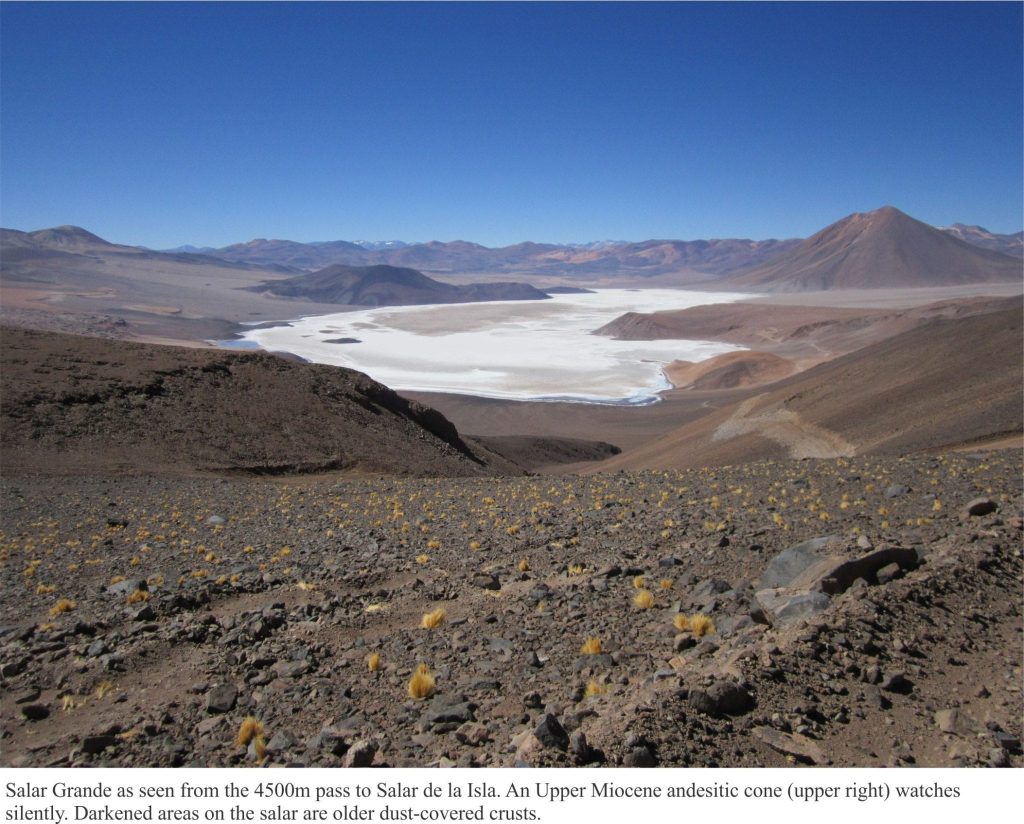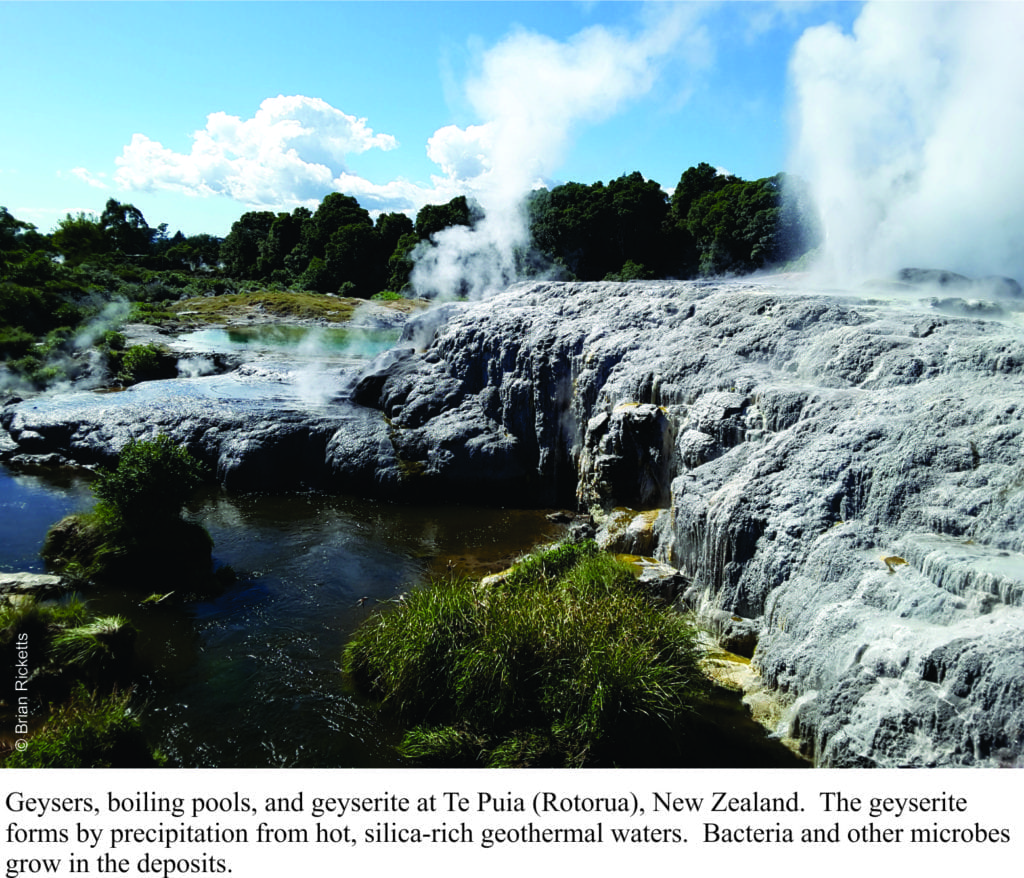I had the good fortune to work in the Atacama volcanic region a few years ago. It may be the closest I get to walking in a Martian landscape (NASA tests its Mars rovers there)
The mountains of Atacama, also known as the Altiplano-Puna Plateau, is one of the driest places on earth; it is located inland from the coastal Atacama Desert. A parched landscape littered with volcanoes, valleys where the few toughened blades of grass eke out a living, and salars, the salt lakes where there is barely a ripple. The salars are a kind of focal point for local inhabitants – Vicuña that graze on spring-fed meadows, flamingos that breed on the isolated breaks of open water, and foxes that lie in wait for both. It is a harsh environment, but stunning; glaring snow-white lake salt against a backdrop of reds and browns. And overhead, crystal skies, fade to black. Continue reading


